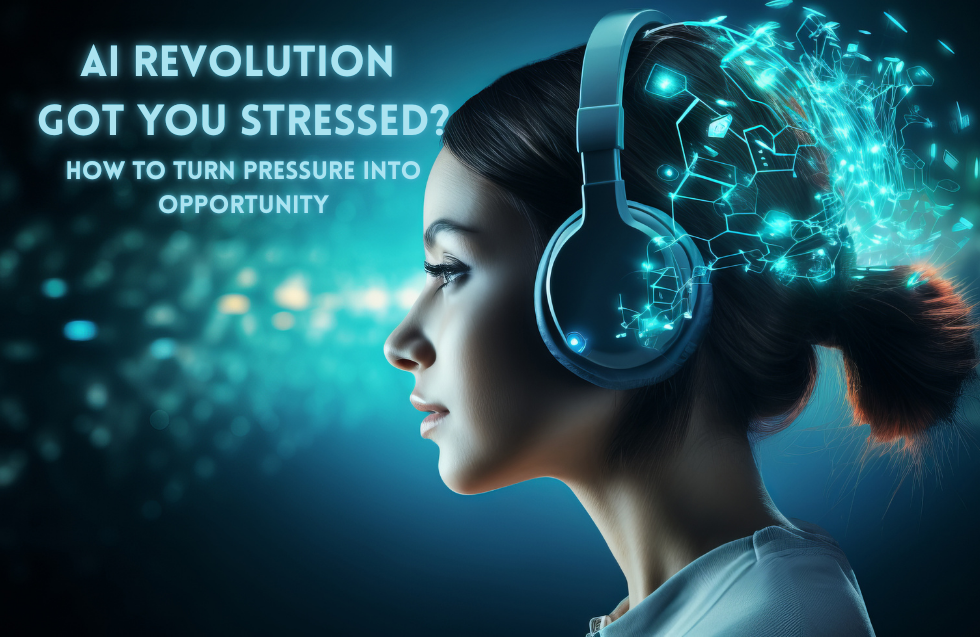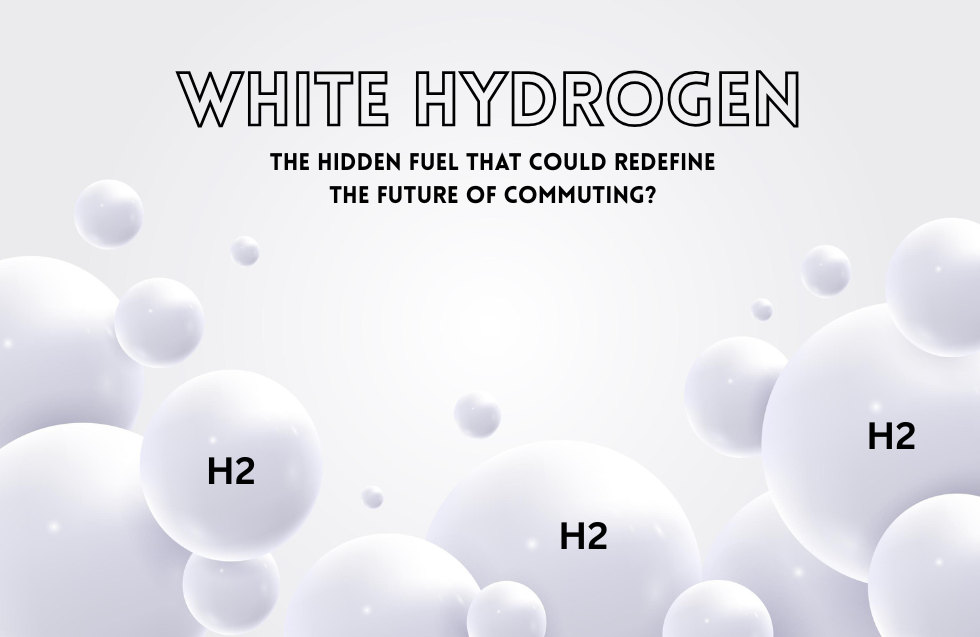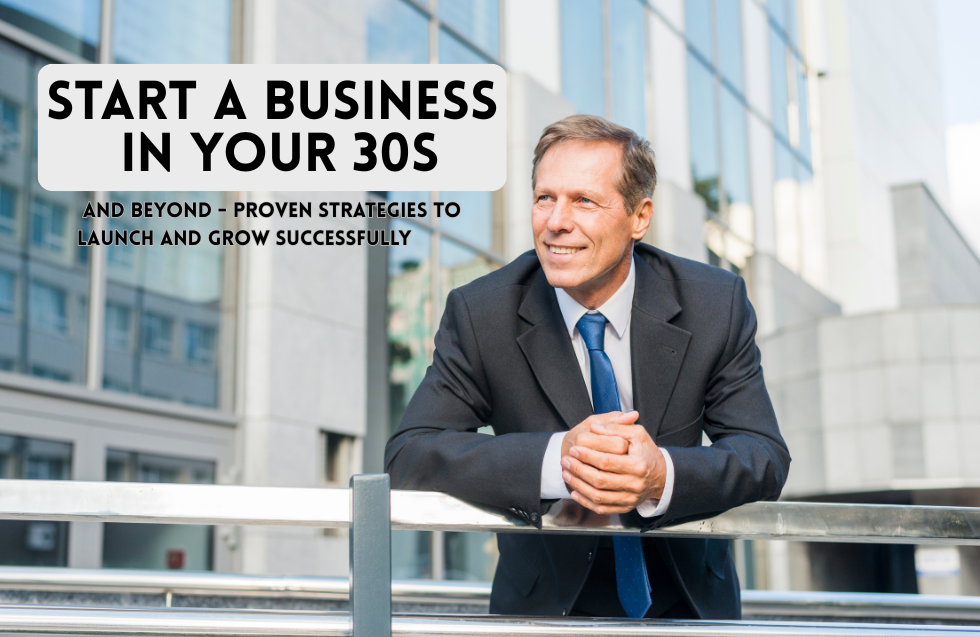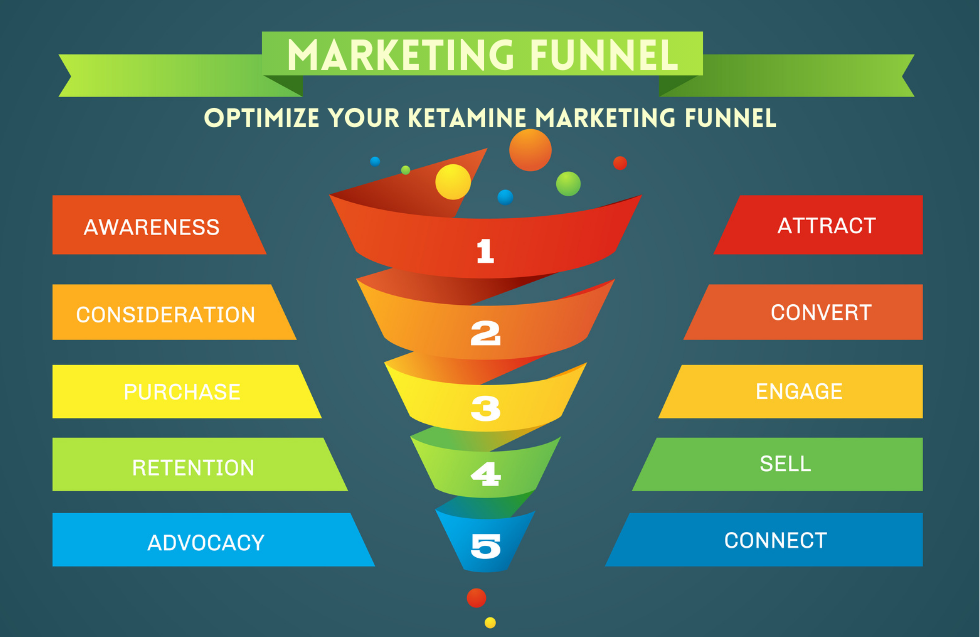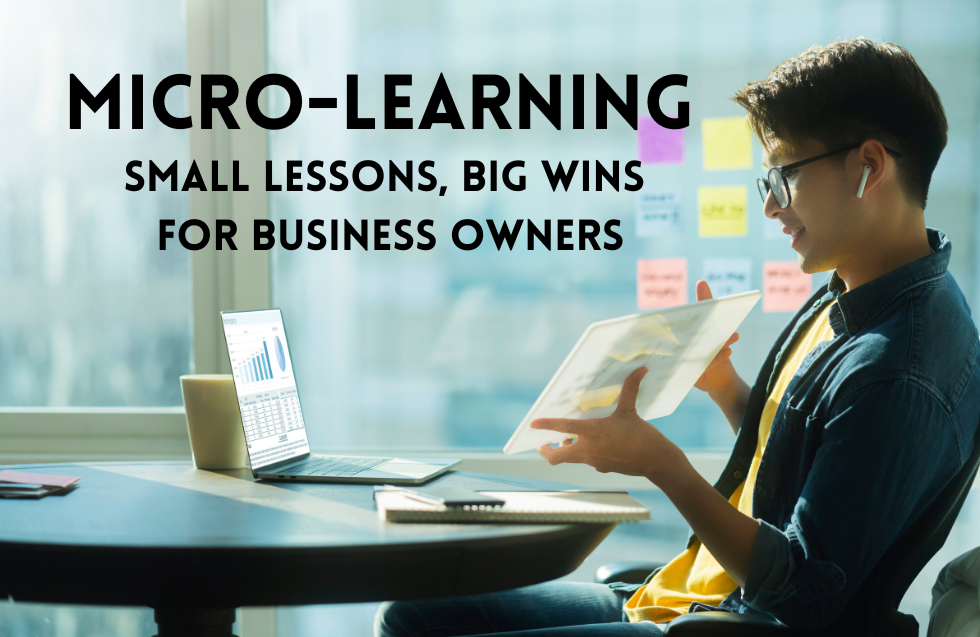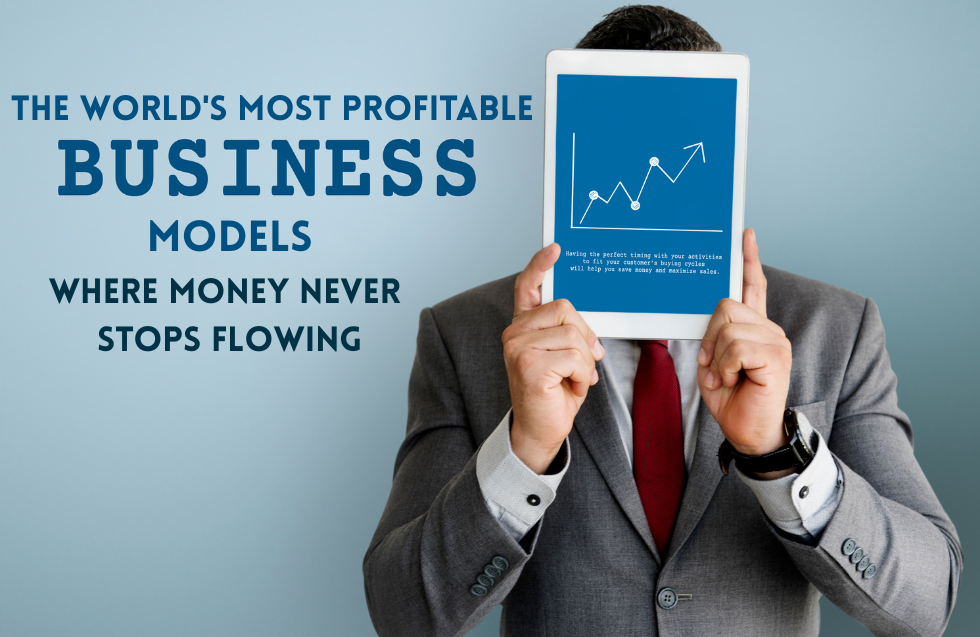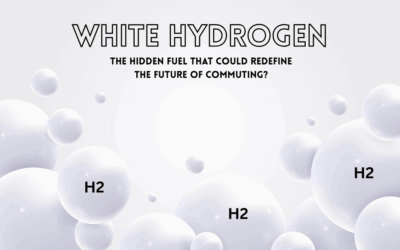Introduction: The AI Tsunami, We Can’t Ignore
If you’ve opened your LinkedIn feed, read the news or even had coffee with colleagues lately, you’ve probably noticed one thing: everyone’s talking about AI. From ChatGPT writing college notes to AI-powered assistants booking meetings and automation changing how businesses operate, it feels like artificial intelligence isn’t just knocking on the door, it’s already in the living room, rearranging the furniture.
And for many people? That’s stressful.
It’s not just the fear of job loss. It’s the pace. The headlines. The uncertainty of how to keep up. If you’ve ever thought:
- “What if my job gets replaced?”
- “Do I need to learn coding to survive in this new world?”
- “How do I even start with AI?”
But here’s the counterpoint: every major technological revolution in history, the electricity revolution, computer revolution, smartphone revolution created winners and losers. And those who succeed aren’t always the most powerful or the most intelligent. They were the ones who adapted fastest.
This article is about helping you do just that: turning the stress of the AI revolution into a once-in-a-lifetime opportunity.
Why the AI Revolution Feels Overwhelming
1. The Speed is Unprecedented
The internet took decades to mature. Smartphones took years. But AI? Technologies like ChatGPT reached 100 million users in just 2 months, the fastest adoption of any technology in history. The speed of that kind of uptake doesn’t leave much time for society and people to adapt.
2. The Headlines Fuel Anxiety
Every week, there’s a new report about AI “replacing” jobs. Goldman Sachs estimated 300 million jobs could be disrupted globally. While that doesn’t mean replaced entirely, it sparks fear.
3. The Skills Gap Feels Huge
Most professionals weren’t trained in AI at school. Now, suddenly everyone is expected to know about prompt engineering, automation workflows and AI ethics. That gap between expectation and reality is what creates so much stress.
But here’s a different way to look at it: AI isn’t the first big shake-up we’ve seen. We’ve already watched electricity put candle makers out of work, cars take over from horses and the internet makes fax machines nearly disappear. Every time, the terror was genuine but so were the prospects.
Challenging the Mindset: AI as Co-Pilot, Not Competitor
Here’s the initial huge release: AI is not coming to eliminate you, it’s coming to collaborate with you.
- Instead of saying “AI will take my job,” you could say, “AI will do some parts of my job that I don’t enjoy so I can focus on the other parts that matter.”
- Consider AI as a junior co-worker. It’s fast, tireless and can crunch numbers or generate drafts in seconds but it still needs your judgment, creativity and leadership.
That shift alone can reduce stress and inspire new ideas.
Turning Pressure Into Opportunity: A Practical AI Guide
1: Map AI’s Impact on Your Industry
AI isn’t changing all fields equally. For some, it’s an earthquake. For others, just a tremor.
- Marketing & Media → AI makes content, automates SEO, customizes advertising.
- Healthcare → AI examines scans, determines diseases, accelerates drug discovery.
- Finance → AI stops fraud, automates exchanges, simplifies trading.
- Education → AI tutors personalize lessons, teachers save hours on planning.
Action: Search “[your job] + AI” on Google or LinkedIn. You will instantly see how AI is affecting your field. The first step is awareness.
2: Learning to Partner With AI.
Here’s the reality: AI isn’t replacing workers. It’s replacing workers who don’t use AI.
- Writers using AI draft 3x more content in less time.
- Developers coding with GitHub Copilot report a 55% productivity boost.
- Customer support teams with AI chatbots reduce repetitive workload by 60%.
Action: Choose 1–2 AI tools relevant to your field. Play with them. Don’t wait for formal training. Think of it as a playground.
3: Reskill for Future-Proof Skills
Some skills age quickly. Others only get more valuable.
Focus on:
- AI literacy → Learn prompts, automation fundamentals, AI ethics.
- Creativity & Problem solving → AI can’t think like humans do in terms of innovation.
- Human Qualities → Leadership, empathy and narrations
Action: Spend 20 minutes each day learning something new.
4: AI as Your Creative Partner
AI is a great brainstorming buddy. It will write up ideas, propose outlines and even create visuals. But the ultimate spark? That belongs to you.
AI provides 100 drafts in 10 minutes. You select the one worthy of polishing.
Action: The next time you’re staring at an empty page, begin with AI. Then insert your voice, insights and flair.
5: Write Your AI-Accelerated Career Story
Employers adore flexibility. Rather than shunning AI, demonstrate that you’ve harnessed it.
- Reinvent your CV or LinkedIn
- Operations Manager | Utilizing AI tools to automate workflows and reduce costs by 20%.
Action: Small victories are part of it. Did you leverage AI to accelerate a report, brainstorm an idea or automate emails? Include it in your career narrative.
Success Stories: People Who Turned Stress Into Wins Freelancers:
- Freelancers: Writers who were scared of AI are now labeling themselves as “AI-powered copywriters” and asking for top dollar.
- Healthcare: Physicians are employing AI diagnoses to cut down on 20% of errors, affirming that it’s a helpmate, not an enemy.
- Education: Educators save hours every week by creating lesson plans with ChatGPT, giving them more time for students.
Notice the pattern? People who use AI aren’t stressed, they are thriving.
AI Industry Trends in 2025: The Bigger Picture
To understand this opportunity, take a look at the information:
- Generative AI Market Growth → Expected to reach $1.3 Trillion USD by 2032 (Bloomberg, 2025)
- Corporate Adoption → More than 60% of businesses are now using AI tools to actively work on problems.
- Regulation → EU AI Act (2024) is establishing global baselines for safe and ethical AI.
- Cost Decline → Tools that cost thousands of dollars in 2022 are now available to small businesses and freelancers.
In other words: AI is not stopping, it’s only going to continue to grow! Meanwhile, lower costs and availability are making it more democratic and available, creating opportunities for everyone, not only for the big tech companies!
FAQ’s
Q1: Is AI going to replace me?
Not entirely. AI is good at doing tasks, not jobs! Look at it as a tool to automate away 20% – 40% of your effort and allow you to focus on higher value projects.
Q2: What’s the simplest way to start using AI?
Pick one tool. Writers can try ChatGPT, designers can use MidJourney, professionals can test Notion AI. Start with small daily use cases.
Q3: How can I stand out in the AI era?
Show employers and clients that you’re not resisting change. Highlight adaptability, creativity and AI collaboration skills.
Q4: Is it too late to start learning AI?
Not at all. We’re still in the early innings. Think of 2025 as the “dial-up internet” stage of AI. The real breakthroughs are still ahead.
Q5: Which jobs are safest?
Roles requiring complex human interactions are psychology, leadership, negotiations and coaching remains safer. But every industry will feel AI’s touch.
Conclusion: Stress is a Signal – Use It Wisely
The AI revolution is real. The stress you feel? That’s normal. But stress isn’t always a bad thing. It’s a signal which means you care about your future.
And here’s the empowering truth: AI is not a wall in your way. It’s a bridge to your next career or business opportunity.
So, instead of asking: “What if AI takes my job?”
Ask: “What can I do with AI that I couldn’t before?”
Because the reality is this: AI won’t replace you. But someone who knows how to use AI will. The choice is yours, fear or opportunity. Which one will you lean into?
